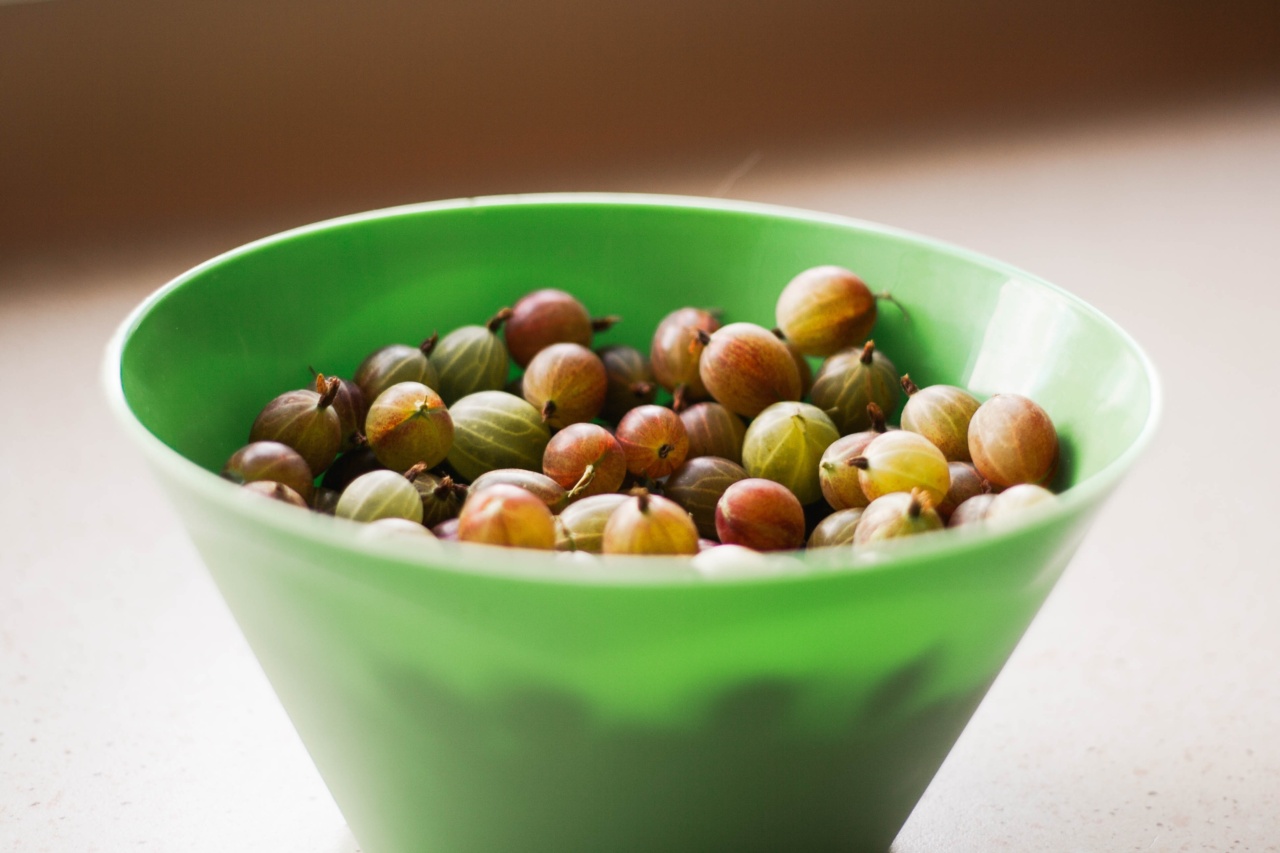A healthy gallbladder diet is essential for individuals who have undergone gallbladder removal surgery or suffer from gallbladder problems such as gallstones or inflammation.
Following a specific diet can help support healthy digestion, reduce symptoms, and prevent complications. In this article, we will discuss nine essential foods that you should incorporate into your daily gallbladder diet.
1. Fiber-Rich Foods
Fiber is a crucial component of a gallbladder diet as it aids in regulating bowel movements and prevents constipation. Additionally, opting for high-fiber foods can help reduce the risk of gallstone formation.
Some fiber-rich foods to include in your diet are:.
- Whole grains such as oats, brown rice, and whole wheat bread
- Legumes, including lentils, chickpeas, and black beans
- Fruits such as apples, pears, and berries
- Vegetables like broccoli, Brussels sprouts, and carrots
2. Healthy Fats
Consuming healthy fats is essential for a gallbladder diet as these fats aid in the absorption of fat-soluble vitamins and promote overall digestive health. Incorporate the following healthy fats into your daily meals:.
- Olive oil
- Avocado
- Nuts and seeds
- Fatty fish like salmon and mackerel
3. Lean Proteins
Protein is an important nutrient for the body’s overall functioning. Opt for lean protein sources that are low in saturated fats to support your gallbladder health. Some ideal choices for lean protein include:.
- Skinless chicken breast
- Turkey
- Fish
- Eggs (in moderation)
4. Low-Fat Dairy Products
If you can tolerate dairy products, incorporating low-fat options into your gallbladder diet can provide essential nutrients without overloading your digestive system. Opt for low-fat or skim versions of the following dairy products:.
- Milk
- Yogurt
- Cheese
5. Cruciferous Vegetables
Cruciferous vegetables are rich in nutrients and high in fiber, making them an excellent addition to your gallbladder diet. However, keep in mind that some individuals may experience discomfort or bloating from consuming cruciferous vegetables.
Some examples of cruciferous vegetables are:.
- Broccoli
- Cauliflower
- Kale
- Cabbage
6. Fruits with Pectin
Pectin is a type of soluble fiber that can aid in maintaining healthy cholesterol levels and preventing gallstone formation. Consider incorporating fruits high in pectin into your gallbladder diet:.
- Apples
- Oranges
- Grapes
- Plums
7. Ginger
Ginger has been used for centuries to relieve digestive issues and reduce inflammation. Adding ginger to your gallbladder diet can potentially ease symptoms such as nausea, bloating, and indigestion.
You can incorporate ginger into your diet through herbal teas or adding freshly grated ginger to your meals.
8. Turmeric
Turmeric contains a compound called curcumin, known for its anti-inflammatory and antioxidant properties. Including turmeric in your diet can help reduce inflammation and support gallbladder health.
Sprinkle turmeric powder on your dishes or try incorporating it into smoothies or warm teas.
9. Water
Staying hydrated is vital for maintaining overall health and supporting digestion. Drinking an adequate amount of water every day is especially important for individuals with gallbladder issues.
Aim to drink at least eight glasses (64 ounces) of water daily to keep your body well-hydrated and promote healthy bile production.




























